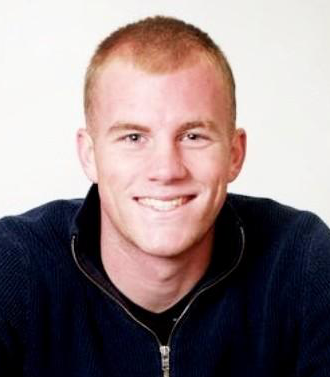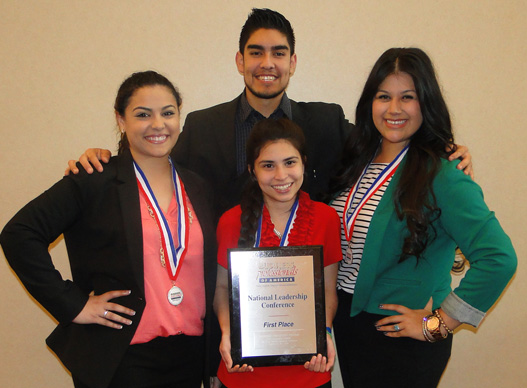By Mathew Shaw/se news editor
History buffs may be excited to learn that SE Campus will offer two new history classes next year: Eastern Civilization, starting fall 2014, and African-American History, starting spring 2015.
Eastern Civilization will be taught by SE history associate professor Mike Downs, who currently teaches World Civilization and Western Civilization.
“My interest … would be to expand upon many of the topics we cover in World Civilization,” he said.
Downs does not believe Eastern Civilization gets enough focus in many other history classes.
“Some programs will teach Eastern Civilization as just [the history of] China or East Asia,” he said.
Some topics Downs will cover in-depth are the origins of various Eastern philosophies such as Daoism, Hinduism, Confucianism and Buddhism.
“One of the unifying themes of the course will involve the Silk Road, the exchange of goods and services and ideas between East and West,” he said.
Downs will also cover some of the great empires, including the Mongols (“they created the world’s largest empire,” he said), China’s Han Dynasty and the rise of the Islamic empires.
The question of whether the Middle East should be considered Eastern or Western also will be addressed. Downs said the legacy of Western Civilization goes back to the Middle East.
“The foundations of Western Civilization goes to Mesopotamia,” he said.
SE history instructor Bradley Borougerdi will teach the African-American History course.
“There’s a hole or vacuum that I think needs to be filled,” he said. “People have a very narrow view of African-American history. When they think of African-American history, they automatically think of oppression and victimization, which makes them uncomfortable.”
Borougerdi said the African-American experience includes significant contributions to human rights and democracy.
His class will begin with the African empires and civilizations, African spirituality and cultural and social history.
He will then discuss the trans-Atlantic slave trade and “the actual human component to slavery.” He hopes to make it to the civil rights movement.
“So many people refer to America as a melting pot,” he said.
Borougerdi, however, likes to think of America as a salad bowl, a place where everyone might be in the same pot, but “you can still tell the difference between a head of lettuce and a tomato.”
Culture is not something people give away easily, Borougerdi said.
“Cultural relation is very powerful,” he said. “The American experience is many different experiences. There is no one American experience.”
Downs said next year will begin the process of getting a British History course added.
“We want SE Campus to be distinguished from the other campuses within the district concerning our history program,” he said. “I want people to realize that we’re really trying to create something special with our history program. Quality history instruction is not exclusive to a four-year private school.”



















